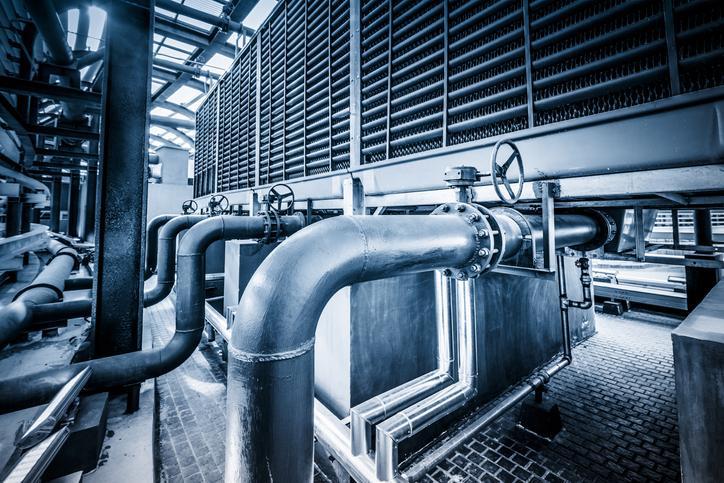
A lot of time, money, and effort goes into maintaining aging infrastructure. Keeping buildings and roads in working order is one thing; maintaining and conducting preventative maintenance on underground systems is something else entirely. Fortunately, leak detection scans can play a vital, cost effective role in maintenance activities, allowing you to spot leaks quickly, effectively, and with minimal invasiveness. Given that different sections of pipe may be older than others and/or made from different materials, it’s worthwhile to know which materials can be assessed by such scans.
Get to know the list of pipe materials that can be assessed with leak detection scans, as well as what to look for in leak detection service providers.
Let’s start by identifying the commonly used pipe materials that are eligible for assessment.

There are numerous industry standards and guiding principles that govern the construction water pipeline systems. These standards help to make sure the system operates as expected once construction is complete. When it comes to materials, there are no absolutes. The type of material used can be justified by the application, project budget, and other considerations.
Here’s the list of common pipe materials that can be assessed by pipeline leak detection technology:
- Acrylonitrile-butadiene-styrene
- Asbestos Cement Pipe
- Brick
- Cement Mortar Lined Steel
- Concrete
- Cured-In-Place Pipe
- Ductile Iron
- Fiberglass Reinforced Pipe
- Fiberglass Reinforced Polymer
- Glass Reinforced Pipe
- High Density Polyethylene
- Orangeburg Pipe
- Polybutylene
- Prestressed Concrete Cylinder Pipe
- Polyethylene
- Pitch Fiber Pipe
- Plastic Pipe
- Polyvinyl Chloride
- Reinforced Concrete Pipe
- Reinforced Plastic Mortar
- Reinforced Thermosetting Resin
- Spray-in-Place Pipe
- Spiral Wound Pipe
- Terracotta or Clay Pipe
- Vitrified Clay Pipe

Regardless of the material used, even a pin sized hole in one section of your underground pipeline system can mean big trouble. It also usually results in bigger water and repair bills down the line. For this reason, it’s important to be able to detect a leak and deal with it as quickly as possible.
Things to Consider
Before getting a water leak detection company on the phone, there are some things you should keep in mind. Here are a few notable things to consider to make an informed decision:
- When is leak detection necessary? Generally speaking, an audible “hum” emanating from the pipes is a solid indication that there is a leak present. If a visual inspection yields no clues as to the location, it’s time to book an appointment with the professionals.
- Make sure they have experience. Like any repair project, you want to hire someone with a strong track record. Looking for the cheapest company could end up costing you more in the long run; so while price is important, it’s not the most important criteria.
- Equipment. There’s no harm in asking what methods the company uses to detect leaks. If you aren’t hiring someone using the most up to date tools and technology, the result of the assessment may prove little better than your own DIY inspection.
- Do they offer some kind of guarantee of their work? What happens if they find some of the leaks but not all? Typically, companies using modern methods and the best leak detection technology will proudly stand behind their work.
- Talk to your insurance company. Some insurance companies will pay for the leak detection service (after all, it’s in their best interest to mitigate any potential water damage situations). Even if the leak detection service isn’t covered, your insurance company should be able to refer you to a qualified company that employs a team of professionals you can trust. Either way, it isn’t a bad idea to speak to your insurance company.
This article is a mini-resource to help you identify the common pipe materials that you’ll likely work with, and the best practices for selecting a vendor for any leaks you may be dealing with.




